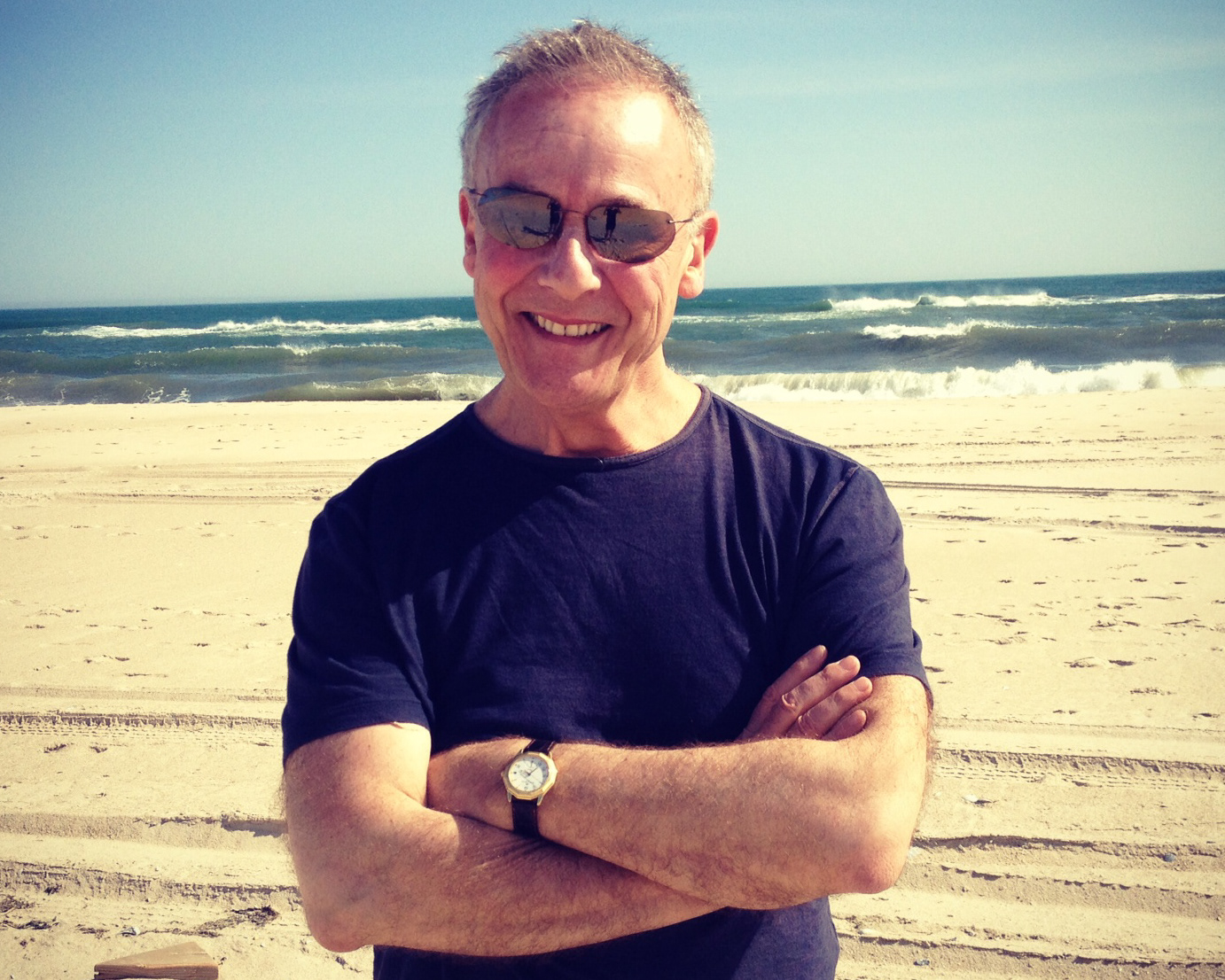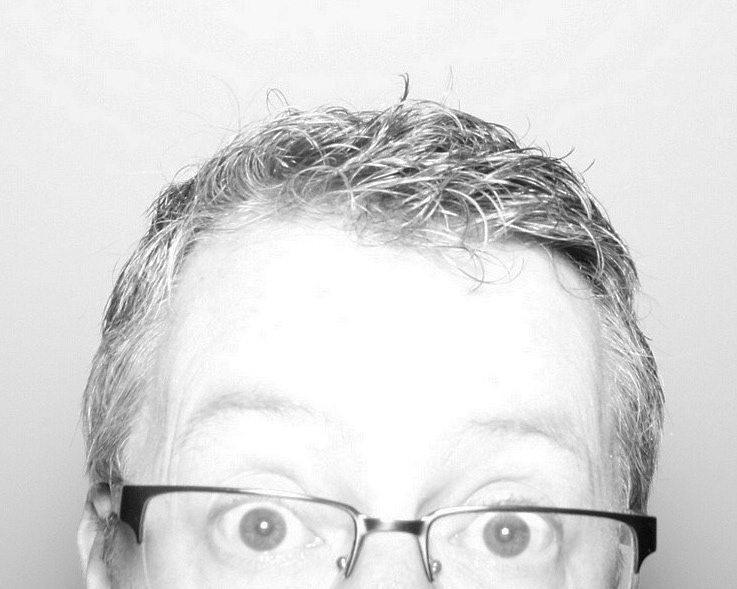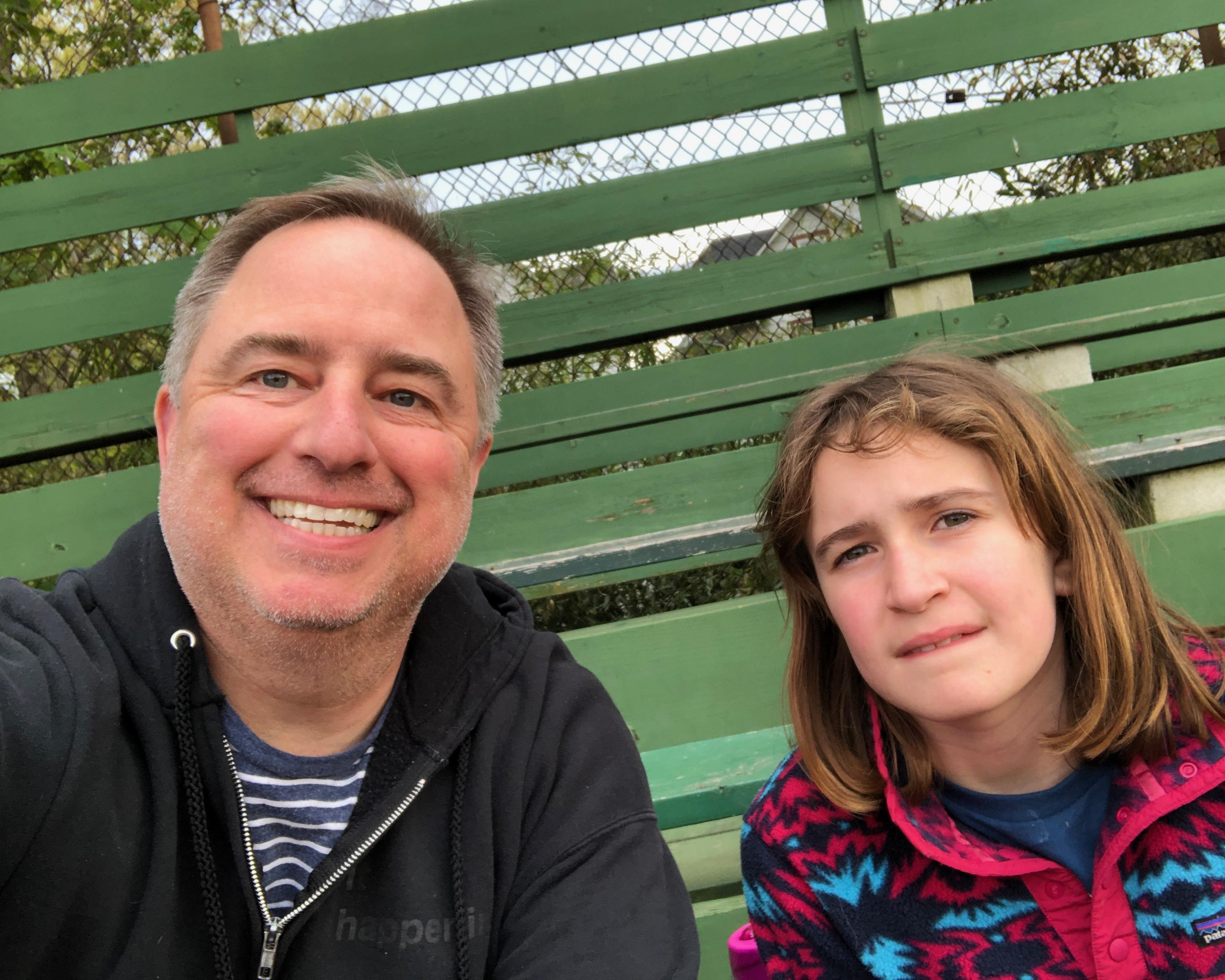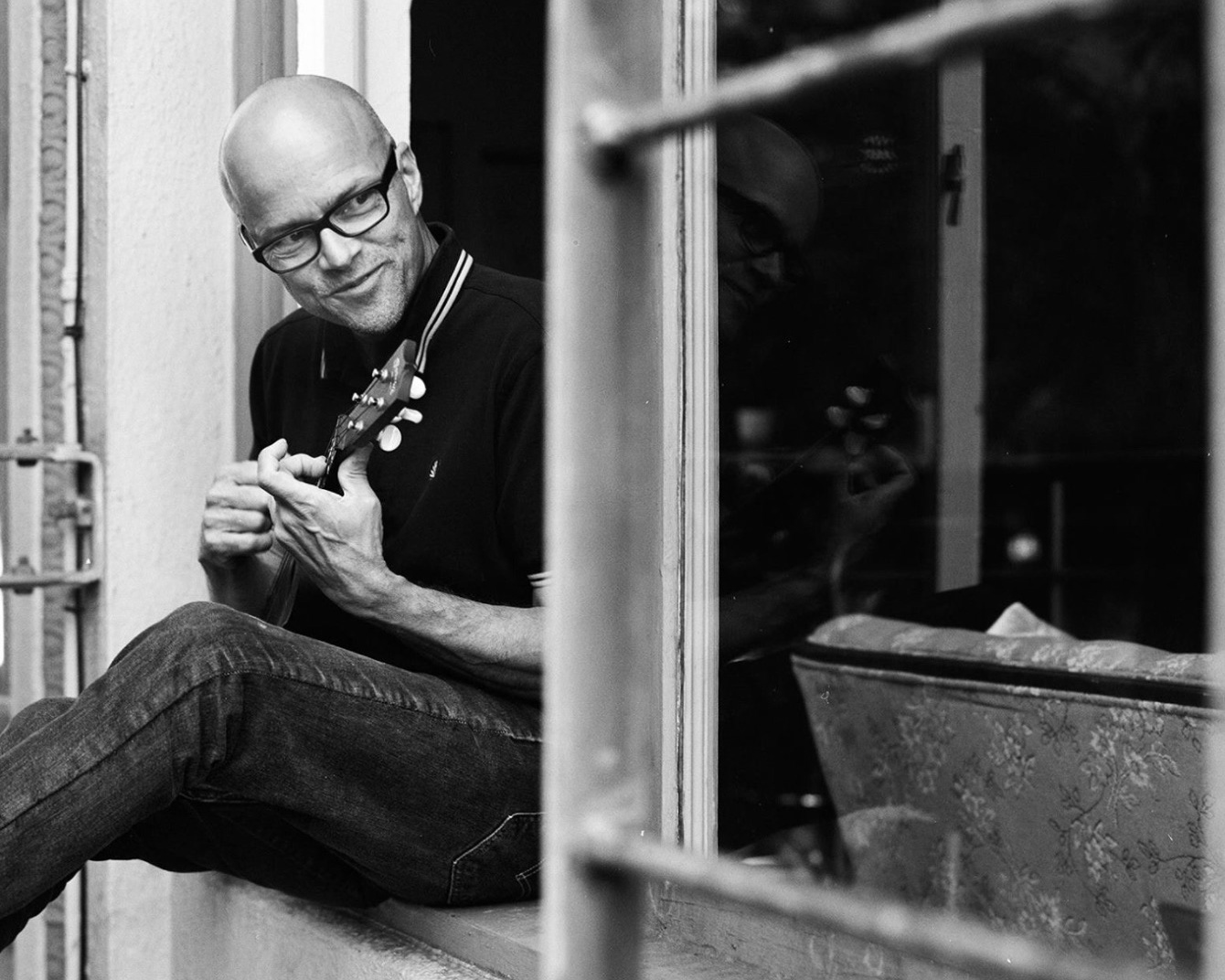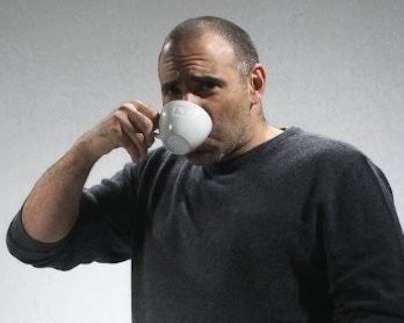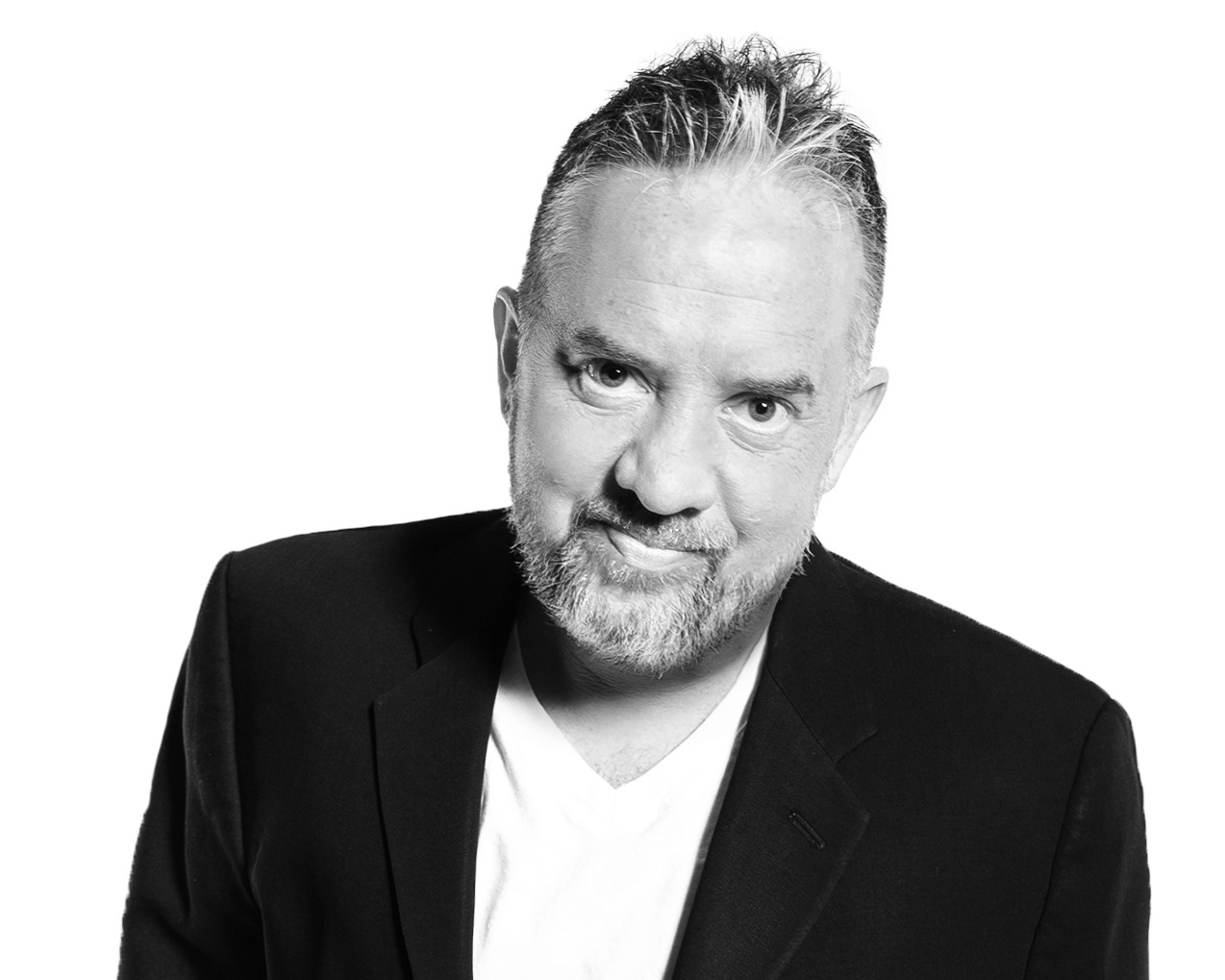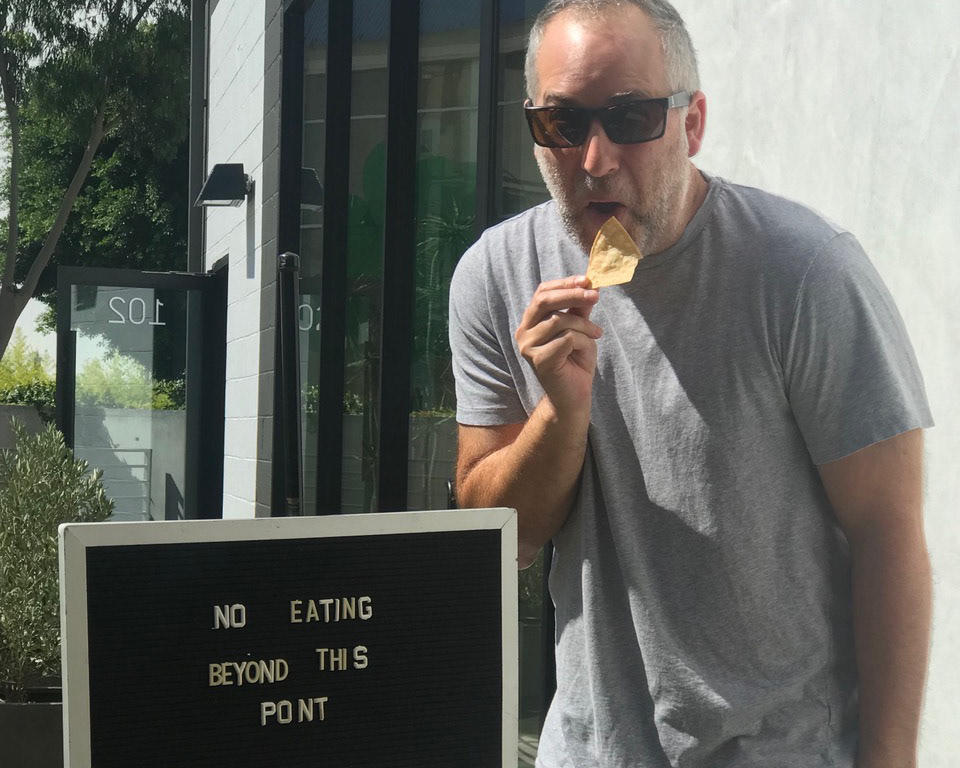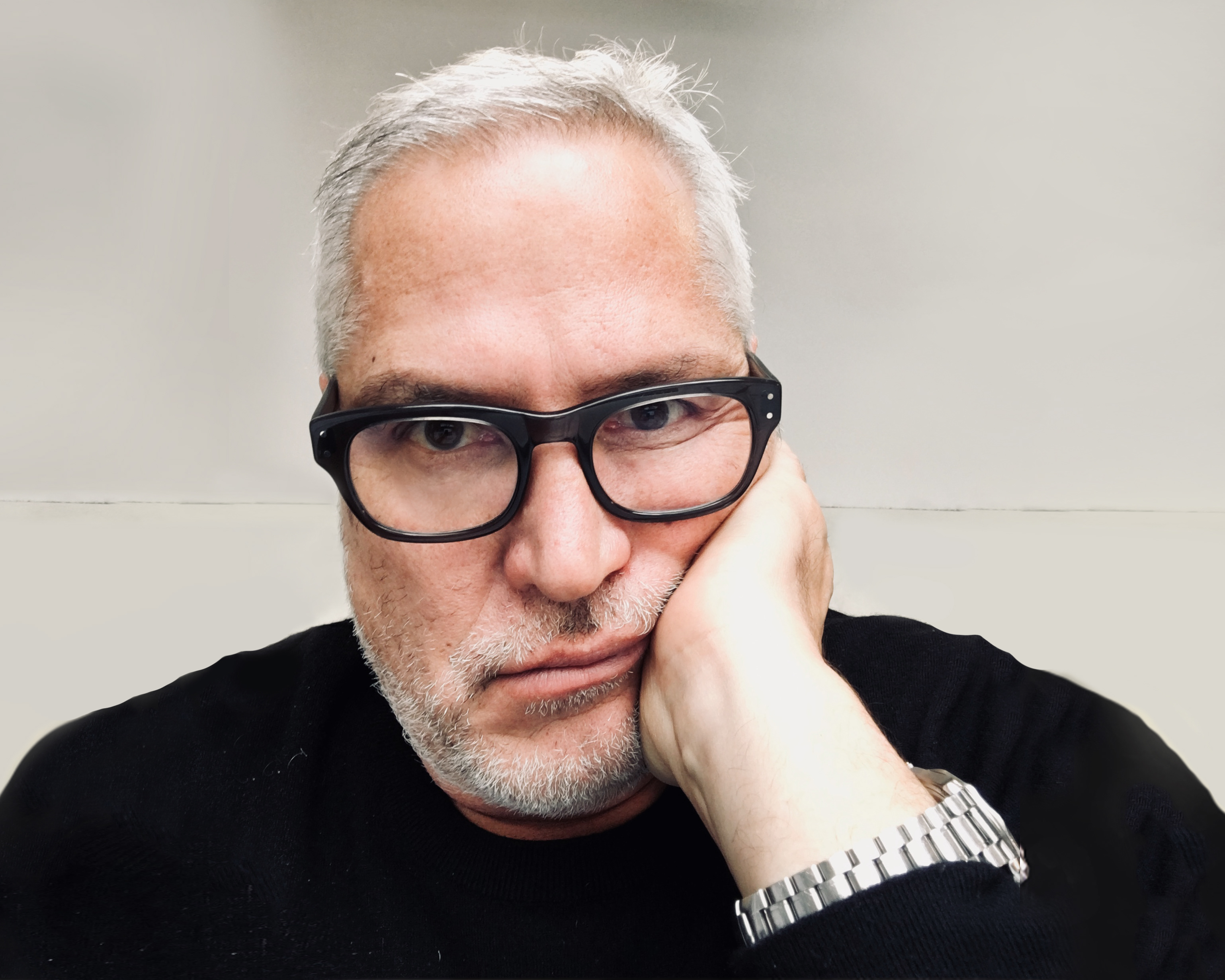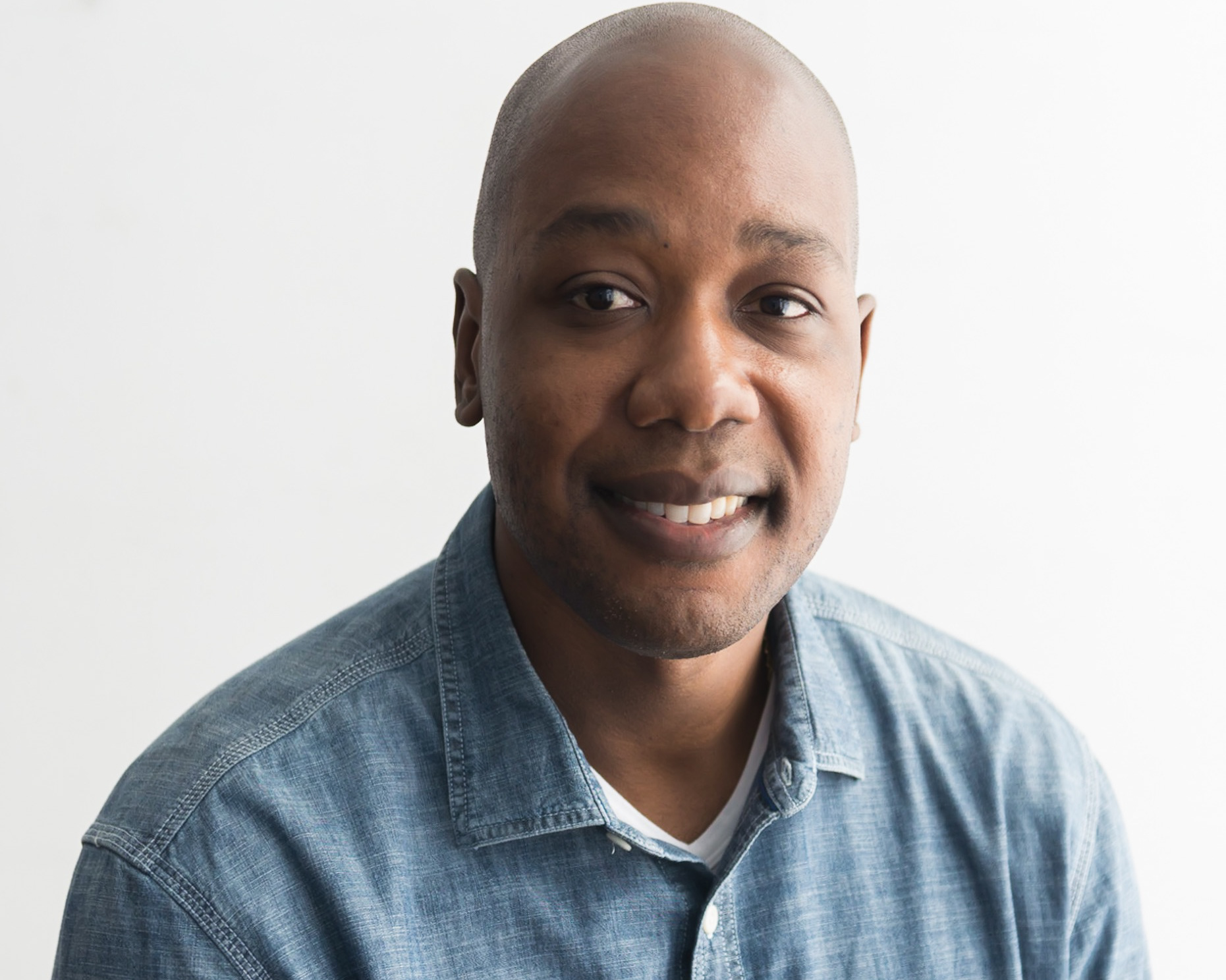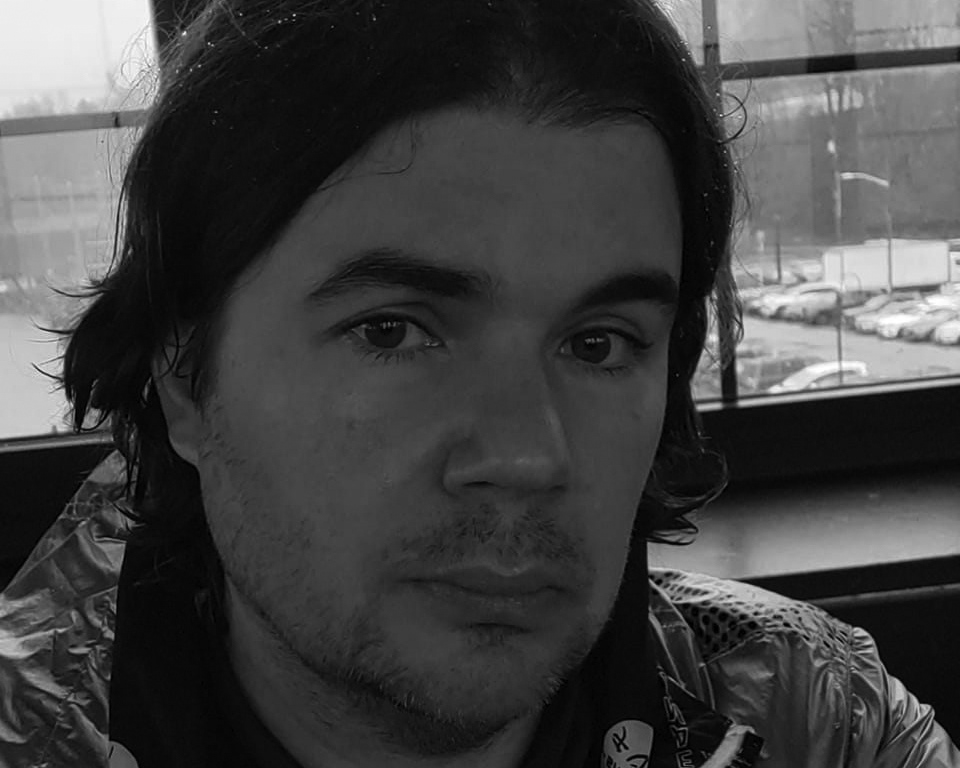If anyone claims an old(er) creative is no longer curious, we would point them to Tom. Specifically to the A-list podcast, a series where Tom interviews the best in the business…for an average of an hour each. It’s his fervent curiosity that helped him make such delicious discoveries such as: Gerry Graf used to be a stock broker, then an exterminator; The Most Interesting Man in the World was conceived in just two hours; and David Angelo once hired a retired Cliff Freeman as a freelance writer. True stories.
In addition to the A-list, Tom has also written numerous articles. Seriously, just Google him, and you’ll have access to more well-articulated words than you could possibly read during the time you’ve allotted for procrastination.
In addition to the A-list and all those articles, Tom also has a full-time job…as CCO at DiMassimo Goldstein. It’s a title that’s the culmination of years of experience creating enviable, multi-award-winning work at top creative shops like Cliff Freeman and BBDO, among many others.
Time isn’t something Tom has a lot of, but we feel extra special that he set aside some for us.
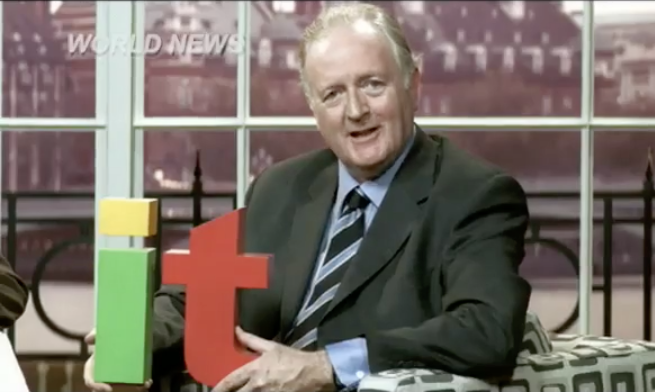
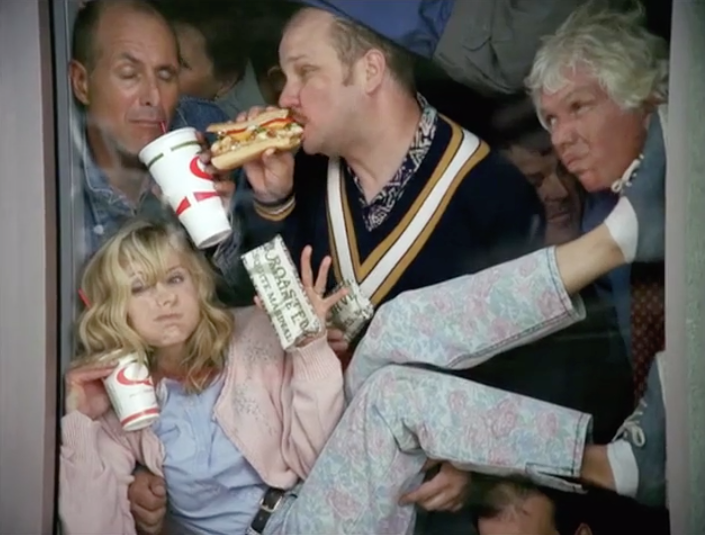
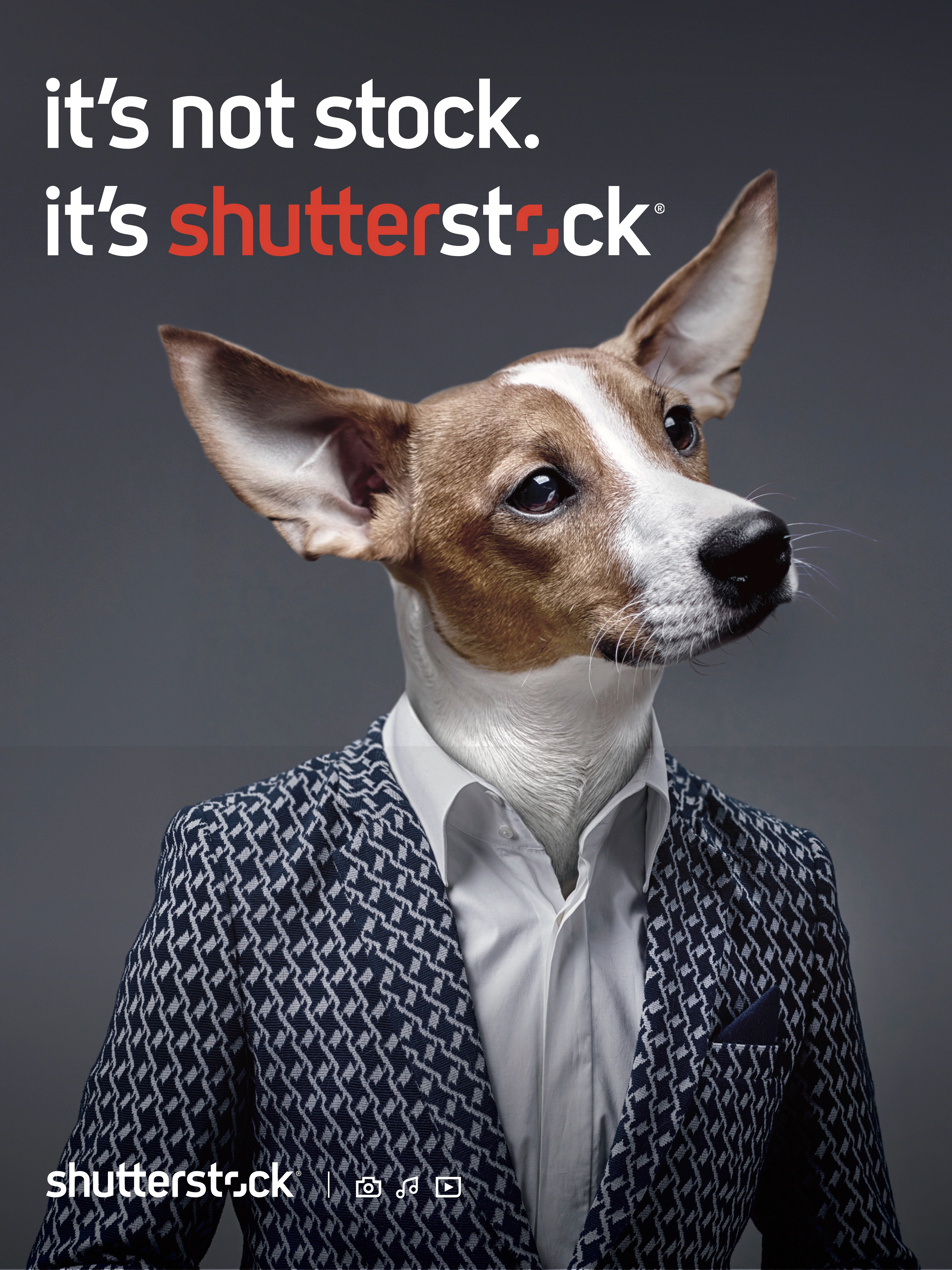
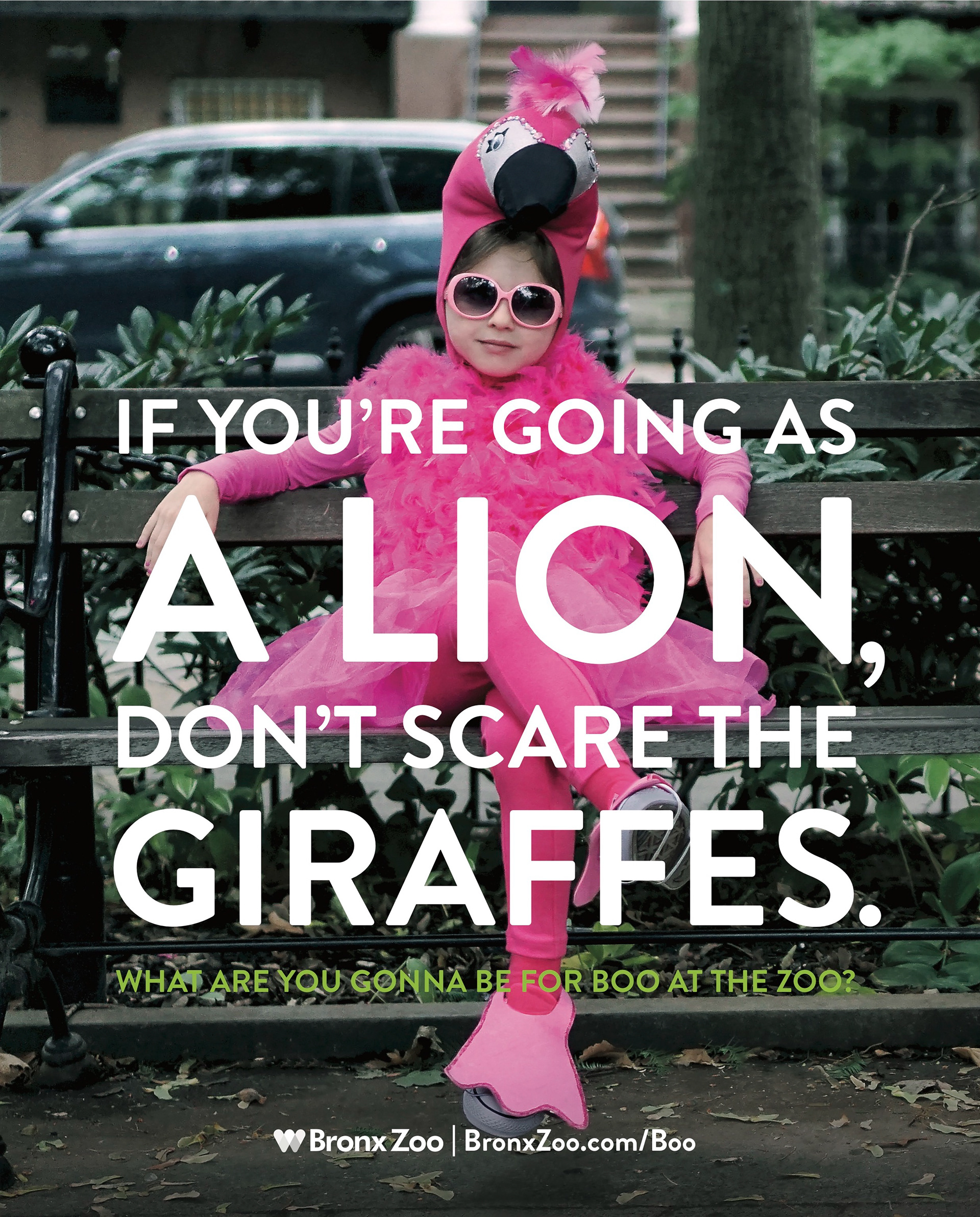
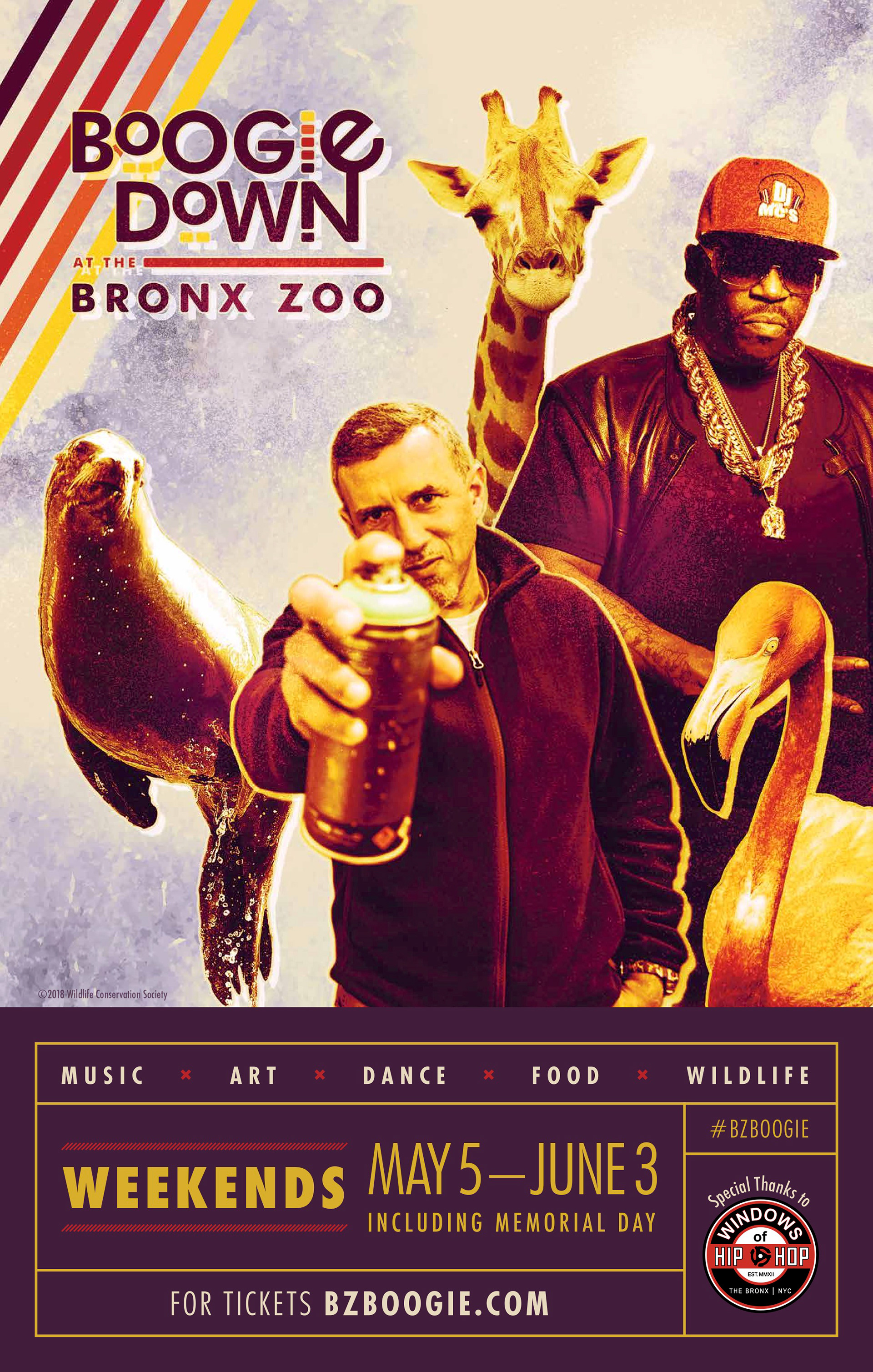
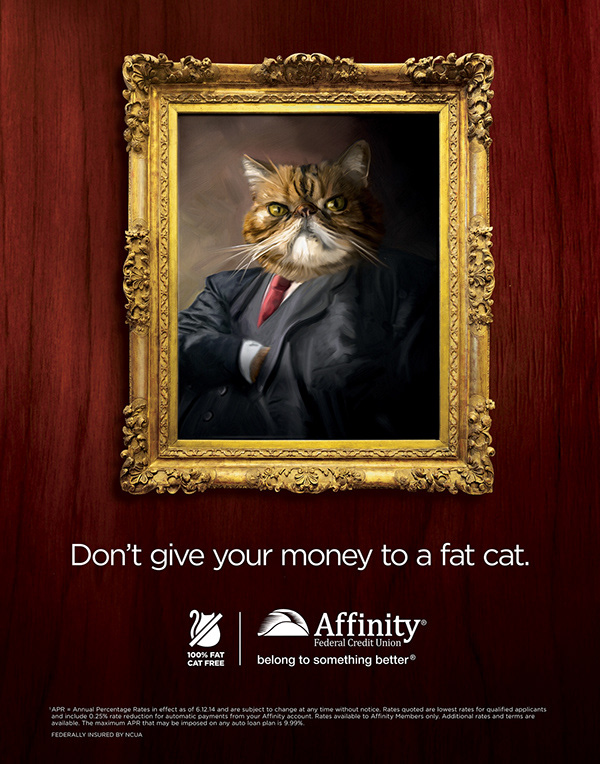
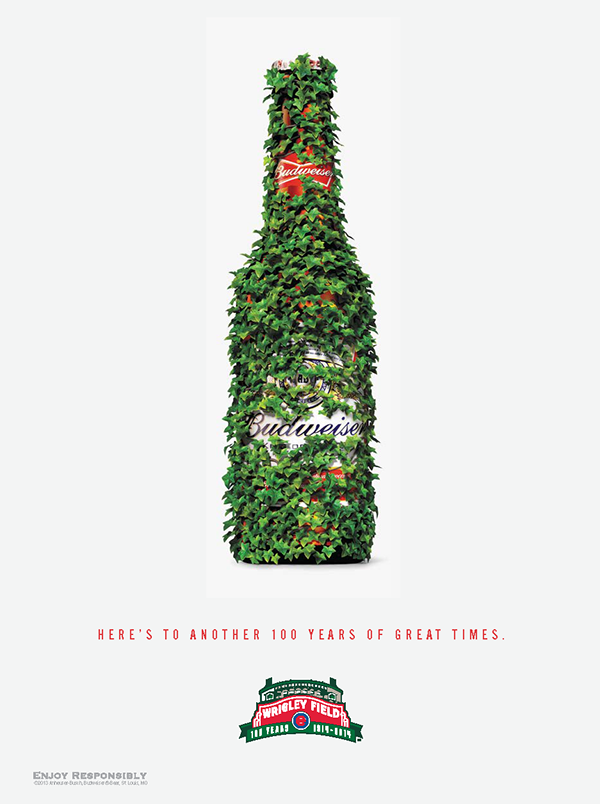
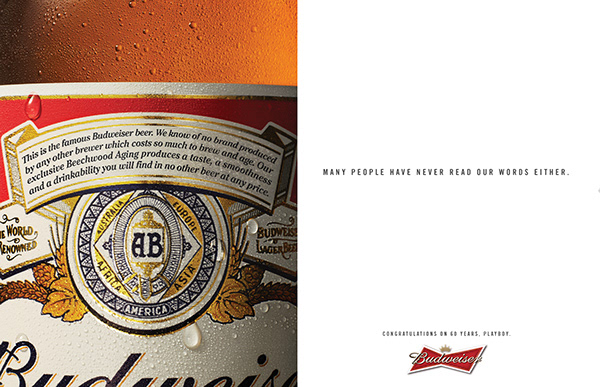
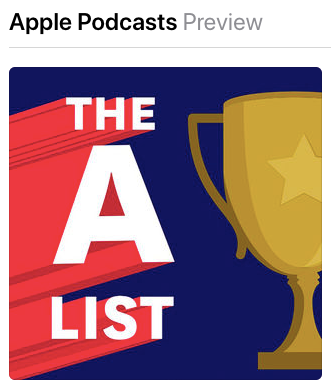
Is ageism in the industry something you thought about in your 30s? Your 40s?
Wait. I’m in my 40s? Dammit. How did that happen?
My thoughts on ageism have definitely evolved over the years. It’s gone from a fear of being cast aside to a real sense that it’s not your age, but your ability to connect with new ideas and culture that define your worth in a creative industry.
The bigger thing for me was living in New Jersey and working in NYC and being a dad who wanted to get home to my boys. I used to feel like that was a weakness. Now I see that connecting with them and their interests has been a great way to stay relevant and know about new trends and ways of thinking. Now I sometimes know about things like new artists before some of the younger people in the agency.
"The bigger thing for me was...being a dad who wanted to get home to my boys. I used to feel like that was a weakness. Now I see that connecting with them and their interests has been a great way to stay relevant."
Is ageism something that’s affected you? What are some of the challenges you faced as a person who was getting older in the business? Do tell.
Not really. If it has, I haven’t noticed.
I talked about having kids. But other than that, I feel like the older I get, the better I get at being able to recognize the problem in any given situation. Because, more often than not, I’ve seen it the problem before. The struggle then is not falling into the trap of thinking you know the answer and being able to sit in the problem with people with diverse experiences.
One challenge is making sure you leave time for play. Playing with new music. Being involved on social media. Making sure you don’t miss out on the new. But I don’t think that’s just for older people. The pace of change keeps accelerating.
"The struggle then is not falling into the trap of thinking you know the answer and being able to sit in the problem with people with diverse experiences."
Tell us about your own creative journey. What are your thoughts on where you are now, compared to your mindset when you were in the beginning of your career?
I’ve learned to become more of a servant leader. When I was younger, it was all about me. My career trajectory was the most important thing. But now, I understand that it’s all about serving my team, the client and the next generation of creatives (like I do by hosting The A-List Podcast).
Did the reality of the ad industry contribute to the decisions you made/the path you’ve taken?
Knowing that there is ageism in advertising has definitely made me aware that it’s important for me to always be learning and moving into a more leadership role. So, in that way, I’d say yes. Every job change was an opportunity for me to consider whether this would make me more valuable as I got older.
What do you feel creative people over 50 can offer over someone 20 years their junior, things that are unappreciated, or just plain overlooked?
It’s funny how often I see an idea and can cite the way a similar idea was executed back in the 20th century. Reading all of those Communication Arts annuals was important! Also, an older creative knows how to roll with the disappointments and not overreact when an idea is killed or the client is difficult. Experience is gold.
"An older creative knows how to roll with the disappointments and not overreact when an idea is killed or the client is difficult. Experience is gold."
What is your advice to people who are nearing or over 40 in the ad industry?
Be curious. Be excited about the future. And start serving those around you.
How are you approaching the next 10 years? What does your future hold?
Growing up poor in New Jersey, I was so lucky to find advertising. It’s something that I love doing and it has enriched me in so many ways. In the next ten years, I hope to increase my circle of service to help more young people find this amazing industry. It’s why I do the podcast, which gives me great joy. So I will find more ways to serve, I suspect. At least I hope that’s how it goes.
What do you see as potential solutions for ageism in the industry? Any thoughts on possibly unionizing?
It’s up to us to change the industry. Every leader should put real effort into getting a diverse team together, including diversity of thought. Curious, excited creatives should give me a shout.
What are some positive things you’ve experienced as you’ve grown older in the business?
I love this industry. It keeps me young. I get to play all day. And hang out with the coolest people. It’s all good.
Who do you look to for inspiration?
So many people. My kids. All of the guests on my podcast. David Bell has been a real mentor. My partners and team here at the agency as well. How can you not be inspired when you get to make stuff up all day?

